Our Green Scorecard
Our vision is a world where supply chains produce zero wood waste and have a positive impact on our climate and ecosystems.
This was our impact last year.
What will yours be?
recycled pallets purchased or sold is equivalent to:
-
Trees Saved
-
Tons of Landfill Diversions
-
Metric Tons of CO2 Avoided
-
Passenger Vehicles Worth of Emissions
Building a more sustainable world, one pallet at a time
To achieve our sustainability vision, Kamps has made significant investments at all stages of our “Sustainable Pallet Life-Cycle” to ensure we have the most comprehensive supply chain coverage for our customers and vendors.












